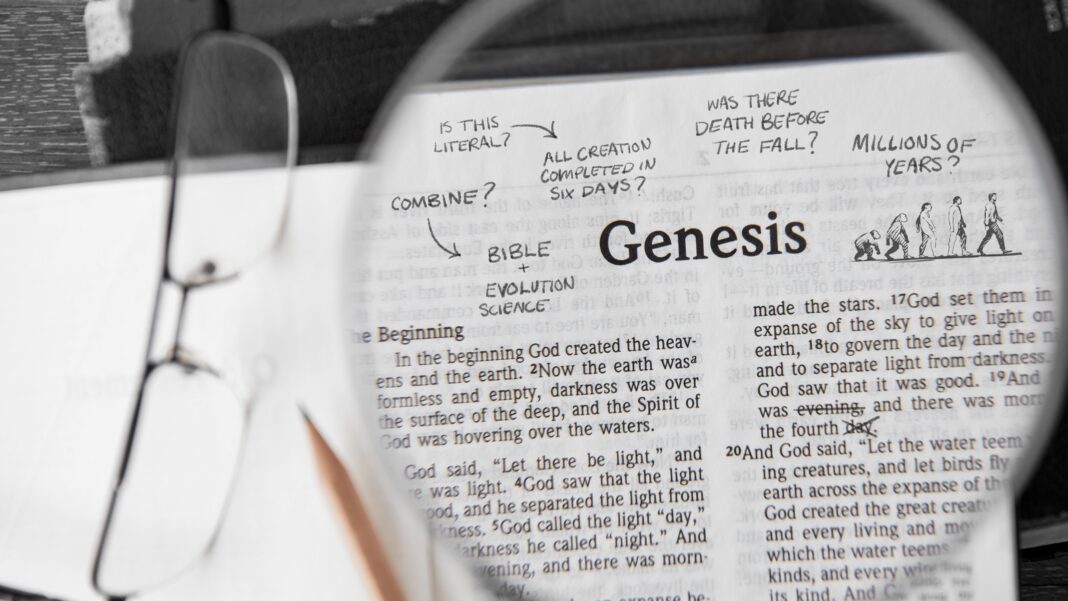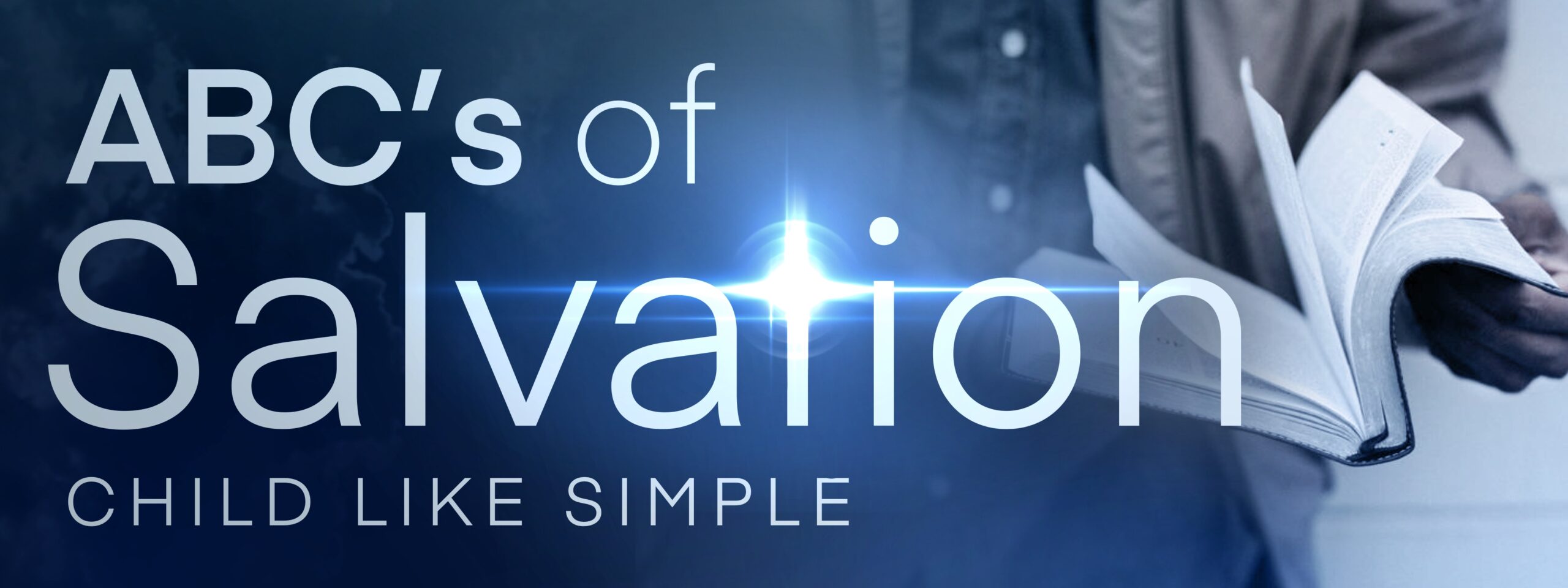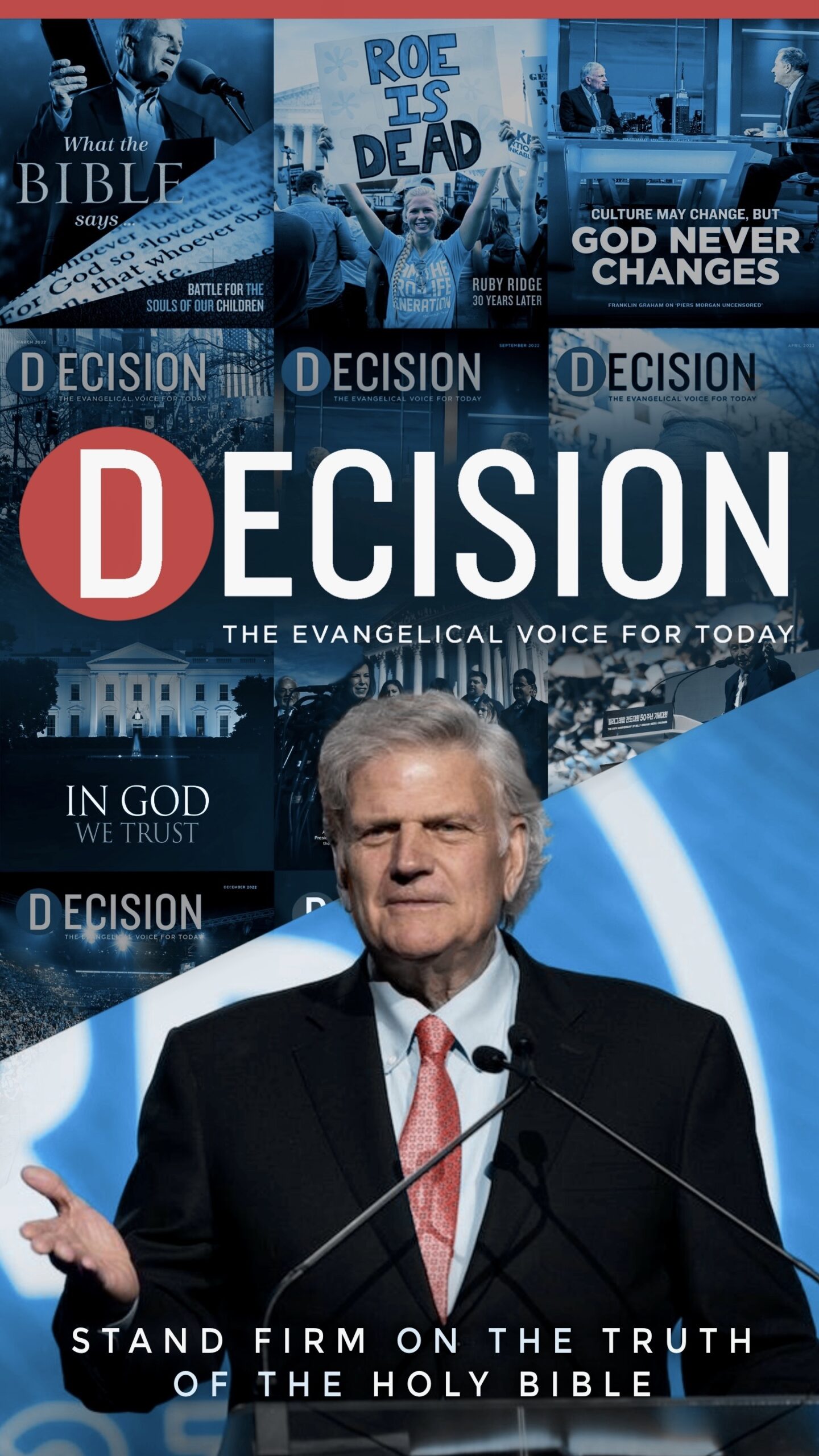“Can’t we all just get along?” If only it were that simple.
Whether discussing politics, social issues, or even watching your kids decide on if they should have Froot Loops versus Count Chocula for breakfast, fulfilling Romans 12:18 can often be a lot more challenging than we’d like. Sooner or later, we all have to compromise.
Now obviously, compromise can often be a positive action to promote, as everyone’s needs and desires needn’t necessarily be fulfilled in exactly the way they would like them to be all the time.
For example, good parents are constantly walking their children through this type of process to enable them to develop social maturity (we’ll have peanut butter toast today because it’s Johnny’s favorite and have mac and cheese tomorrow for Susie, etc.). Such compromises help serve everyone without altering the main principle under discussion (in this case, the fact we all need to eat).
Compromising Morality
However, compromise that results in reversing someone’s foundational philosophical or moral principles can have catastrophic consequences for a person and/or society over time. Once whatever absolute precedent involved has been broken, it becomes easier and easier to push the position further away from its starting point. Take the sanctity of life issue for example.
In the West, once the “pro-choice” community established abortion in the first trimester as acceptable, that line in the sand quickly moved beyond that up to any point in the pregnancy in many cases. And now, is even being argued beyond that into what is being deemed “after-birth abortion,” as the abstract for a 2013 Journal of Medical Ethics article explains.
Abortion is largely accepted even for reasons that do not have anything to do with the fetus’ health. By showing that (1) both fetuses and newborns do not have the same moral status as actual persons, (2) the fact that both are potential persons is morally irrelevant and (3) adoption is not always in the best interest of actual people, the authors argue that what we call “after-birth abortion” (killing a newborn) should be permissible in all the cases where abortion is, including cases where the newborn is not disabled.
As shocking as this is to many, it really shouldn’t surprise us. It’s simply taking the argument to its next logical step (which is how the slippery slope we often refer to works). Case in point, Professor John Harris (a member of the British Medical Association’s ethics committee) stated,
I don’t think infanticide is always unjustifiable. I don’t think it is plausible to think that there is any moral change that occurs during the journey down the birth canal.
When asked for a specific timeline, the article reporting his comments said, “He declined to say up to what age he believed infanticide should be permissible,” which should send an icy chill down the back of any discerning person.
Coming from the mouth of a member of an ethics committee, it reveals the truth that there actually is no logical “line in the sand” where one group of humans gets to decide whether or not they should kill another under this mindset.
The Line in the Sand Is Gone
And it should be pointed out that Harris is using a pro-life argument here, which is, it’s a baby whether it is outside or inside the woman’s womb. However, instead of having that reality impact them and get them to reconsider whether abortion should be morally allowed, people like Harris just admit it and in effect say, that’s correct, and now that society has established and implemented laws saying we can kill the baby inside the mother’s womb, then why can’t we kill it afterward?
Sinful people get to this depraved state because they have missed the main point, the issue has never been an argument as to what point abortion should be allowed. The issue is that abortion is the murder of a person, and that murder shouldn’t be allowed—period.
One can endlessly attempt to nuance timelines (only during the first trimester) or propose restrictions due to specific circumstances of either the mother (homeless single mom) or child (has a birth defect).
However, once the goalposts were changed beyond that clear distinction (abortion is murder), the issue fell into a moral quagmire of thin-slicing each and every emotionally charged aspect surrounding it, and illogical and emotional reasoning has kept the abortion mill going steadily.
The pro-choice movement also likes to make it seem as if the argument revolves around whether a woman should have a right to decide what happens to their body, but again, the real argument is whether they should have the choice to have their baby killed or not.
Once established in a society (however abortion is managed and mandated), the end result is the ultimate compromise surrounding the sanctity of human life. And that result is murder is now legal and allowable under certain circumstances in Western culture.
And this is a massive philosophical and moral shift away from the theological roots that Western culture was founded on—namely, Christianity, based on the revealed Word of the Creator God of the Bible.
What all of this exposes is that the abortion issue (like the majority of cultural issues) is really predicated on whether people believe there is an absolute, transcendent moral law (given by God) or whether man is the final arbiter of morality—which is ultimately a discussion of theology.
Compromises in Theology
Now, in my estimation, there is no greater compromise in the world of Christian theology than in the area of ultimate origins, in particular the text of Genesis 1–11. Genesis plainly says that God created everything in six ordinary days ex nihilo (from nothing), and when the biblical timeline is taken at face value, we can see it indicates the earth is approximately 6,000 years old.
It goes on to describe the fall of man and the corruption of the entire cosmos due to the effects of sin and death entering into it (Genesis 3) and later describes how God judged the entire world by destroying it with a worldwide flood (Genesis 6–9).
Further on, we see the events at the tower of Babel where God judged mankind’s disobedience by confusing their languages and scattering them around the world (Genesis 11), which explains the distinct people groups we see today.
However, those Christians who do not take Genesis as plainly written and attempt to add deep time and/or evolution to the text often declare that Christians should be open to differing views on Genesis in order to promote the Christian faith more effectively.
They deny the biblical timeline, add billions of years to the creation week, and relegate the Genesis flood to the category of a local flood rather than a worldwide event. Many dismiss the creation of our original parents as mythology and replace it with the story of human evolution from apelike creatures. And the tower of Babel event is often swept under the rug and described as just a theological story with no real-world, historical basis.
And they see Christians who won’t compromise on what Genesis plainly says as akin to arguing against science and creating a conflict where there needn’t be any and often accuse biblical creationists of being a stumbling block to the Christian faith by not compromising with the secular world’s interpretation of earth history.
But the problem is, trying to insert long ages and/or evolution into the biblical timeline causes catastrophic damage to the very foundations of the Christian faith, as (1) it breaks a major hermeneutical precedent as well as (2) introduces a major theological conundrum into our understanding of the gospel.
A Major Theological Problem—Death Before Sin
You see, attempting to add “millions of years” to the Bible inevitably results in them ending up somewhere in the six days of creation—there’s nowhere else to put them chronologically after the day of rest.
And if the rock layers full of dead things (fossils) were supposedly laid down during said time period, then there were millions of years of death, suffering, and disease occurring all before Adam even arrived on the scene, and well before he sinned against God.
This would mean the effects of sin (death and suffering) were in the world before the fall occurred, which makes no sense according to Romans 5:12 (and many other areas of Scripture).
Romans 5:12 KJV – “Wherefore, as by one man sin entered into the world, and death by sin; and so death passed upon all men, for that all have sinned:”
Breaking Biblical Authority
Also, trying to argue that the days in Genesis are representative of deep time breaks precedent surrounding the concept of biblical authority—that the Bible can be taken as plainly written.
If the word day in Genesis 1 can be interpreted to mean something other than an ordinary 24-hour period, then the whole concept of hermeneutics (the branch of study dealing with biblical interpretation) would be practically useless.
For example, the word day (yom in Hebrew) appears over 2,300 times in the Old Testament. In all cases where that word is used with the words evening or morning, it is always considered a normal length day.
Furthermore, whenever a number is attached to it, it’s also considered a 24-hour period. So, the usage of evening, morning, and a designated numeral for each of the days God created in Genesis 1 makes the fact that these are normal-length days obvious according to basic rules of grammar.
“And there was evening and there was morning, the first day. . . . And there was evening and there was morning, the second day. . . . And there was evening and there was morning, the third day. . . . And there was evening and there was morning, the fourth day. . . . And there was evening and there was morning, the fifth day. . . . And there was evening and there was morning, the sixth day.” (Genesis 1:5, 8, 13, 19, 23, 31, emphasis mine)
A Bold Claim and an Acerbic Accusation
Despite the fact that attempting to compromise Genesis with evolutionary ideas clearly affects the gospel (by forcing death and suffering before Adam’s sin) and compromising biblical authority (by indicating the Bible does not have to be taken at face value), many Christians who’ve bought into the evolutionary timeline continue to blame biblical creationists for holding to the plain reading of Scripture as being harmful to gospel witness. But, [examining the evidence,] is this true?













